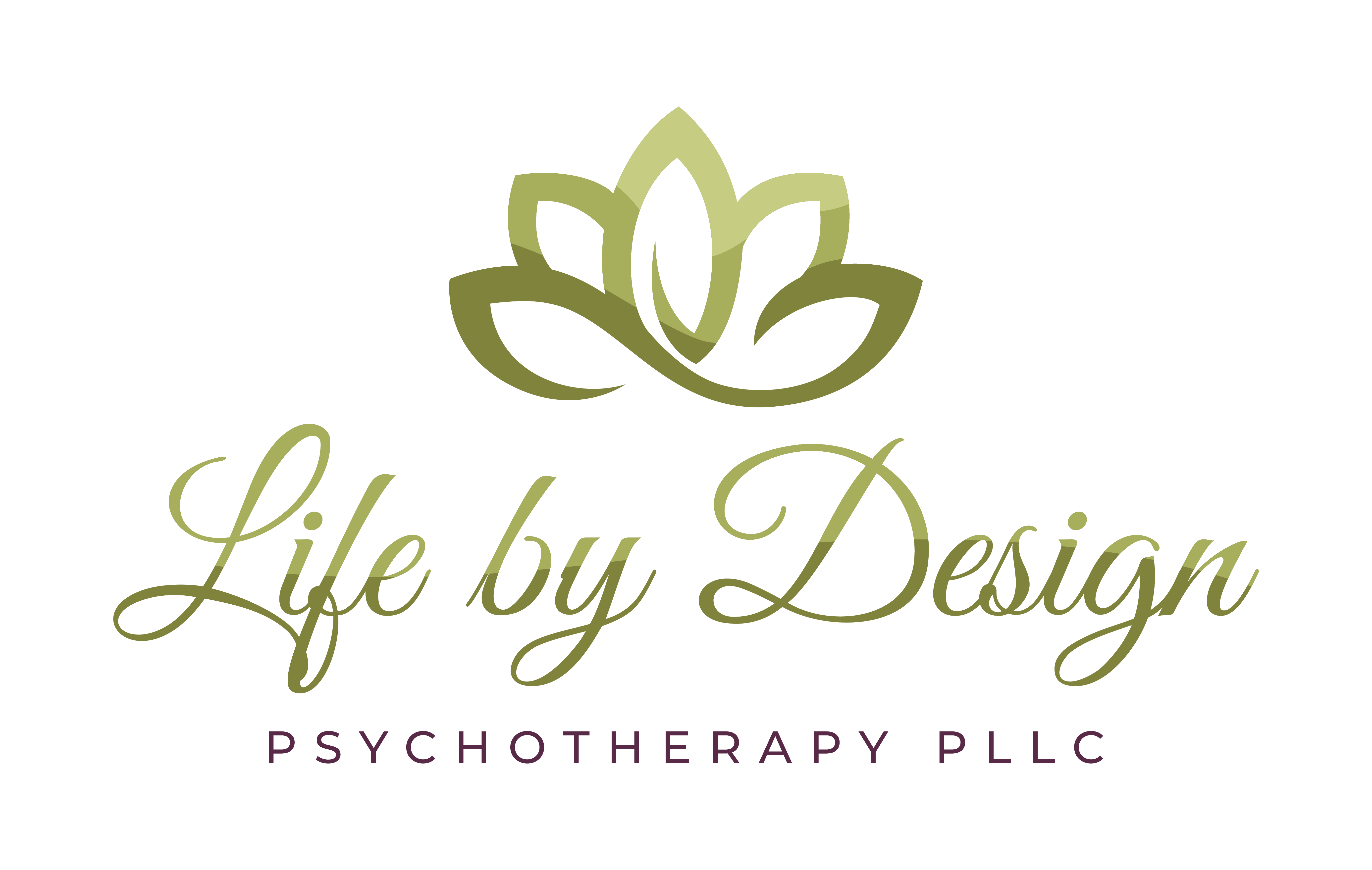EMDR
You may be holding onto something from your past, that you just can’t seem to let go. You feel guilty and ashamed, thinking “this is over and done with, why am I still thinking about it? Why is it still bothering me? What’s wrong with me?” Or there might be confusion “Why is this affecting me like this?” “Why can’t I let this go?”
It’s not unusual to be impacted by events or situations that happened yesterday or years ago, even if you don’t remember all the details or it seems like it shouldn’t be a big deal. They can be hard to shake and can get in the way of how you show up in your current relationships at home, at work and everywhere in between. Your body can respond to troubling memories as if they are happening at that moment, even when the troubling event may have been years ago.
Talking about it can help, but sometimes you need a little more.
It’s possible to live a life where past events, negative thoughts and beliefs and your anxiety don’t have a hold on you. To be in a position where you make decisions about your present and future from a healthy place and not a place that’s ruled by fears, anxiety, and past experiences. Your past is part of your story, but it’s not your whole story. You get to decide what comes next.
What is EMDR?
Eye Movement Desensitization and Reprocessing (EMDR) is a therapeutic process that helps alleviate suffering from trauma, troubling life events, anxiety and depression. It is different from talk therapy because it involves specific actions that the therapist and client engage in to help the client reprocess troubling thoughts and memories that are stored in their minds and their bodies in a new way. This can help reduce how activating and troubling those memories are. It helps the brain to reprocess them in a way that stimulates the brain and body’s natural way of healing itself while helping you to move forward with your life.
How can EMDR help me?
I use attachment-based EMDR with my clients which means that the EMDR process not only helps to change the way clients relate to past traumas or triggers and the hold it has on them currently, but it also helps with healing relationship patterns that were damaged as a result of the trauma.
EMDR may be right for you if:
- You don’t want to talk about the specifics of what happened, but you know you need to do something about it to move forward.
- You notice that you feel “triggered” and when that happens it’s almost as if it’s happening again.
- You’re not sure why you react the way you do to certain situations or people, but it’s causing you stress and you want to get to the bottom of it.
- Your anxiety has taken over your life to the point that it’s a key factor in important life decisions. If you could just get your anxiety under control your life would look very different….
- You have negative thoughts or beliefs about yourself that are causing serious problems in how you show up in your relationships and your ability to move forward in life.
What can I expect in an EMDR session?
EMDR occurs in several phases and across several sessions.
Assessment & Preparation: It starts with me getting to know you and learning more about your history and current situation. I also provide you with information about EMDR and resources that may be helpful to you throughout the process. We will decide together if EMDR is right for you and if you’d like to move forward.
Target Identification: If we decide to move forward, I’ll help you identify specific distressing experiences or memories that you’d like us to focus on during the EMDR session.
Desensitization Phase: You will recall the distressing experience or memory you have chosen as our focus and we will pair it with bilateral stimulation. Bilateral stimulation involves engaging both the left and right sides of your body and brain. This is usually done through tapping and/or sound cues.
Reprocessing Phase: I’ll support you as you explore your feelings, thoughts and physical sensations related to the memory. This helps with reprocessing, or “refiling” the memory in your brain, so that it becomes less distressing for you.
Closure: At the end of the session, I’ll guide you through grounding and relaxation techniques to help you transition from the session to the rest of your day.
Reevaluation: In follow up sessions, we can discuss your progress and any other concerns that may have surfaced during the process.
Ready to get started?
Contact me today to schedule a consultation call.

